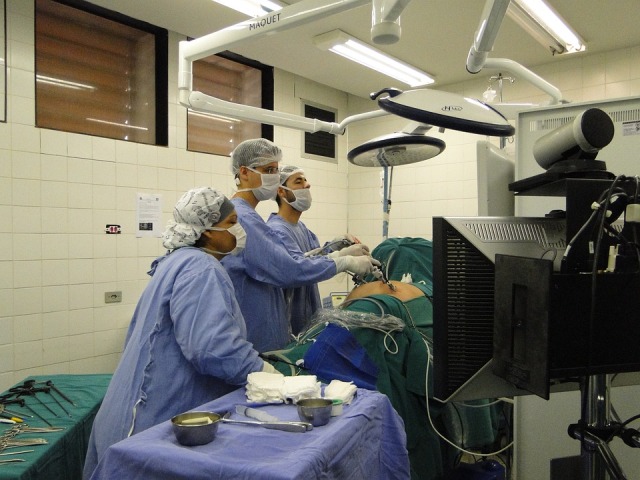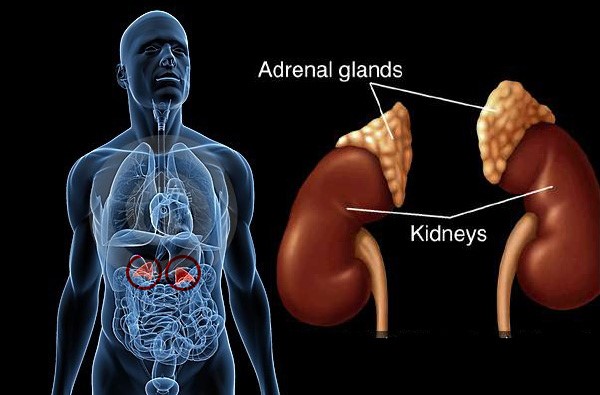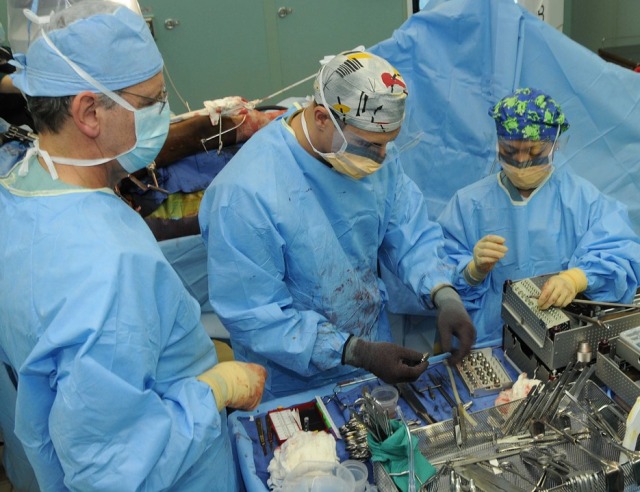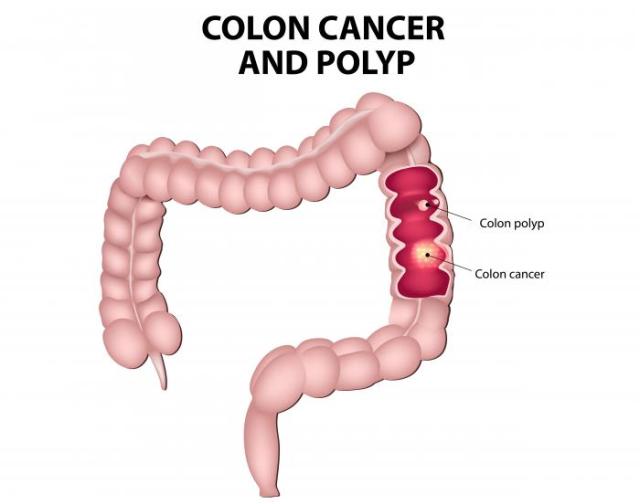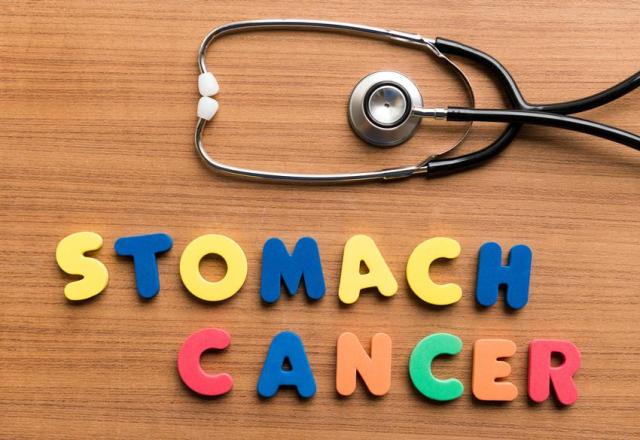UF Health Surgeon Michael Latzko is a minimally-invasive surgeon who specializes in the treatment of diseases affecting the bowel, pancreas, colon, bile ducts, esophagus and stomach.
One of the procedures Dr. Michael Latzko commonly performs is diverticulitis surgery—a procedure designed to treat the inflammation and irritation often resulting from the colon condition known as diverticulitis.
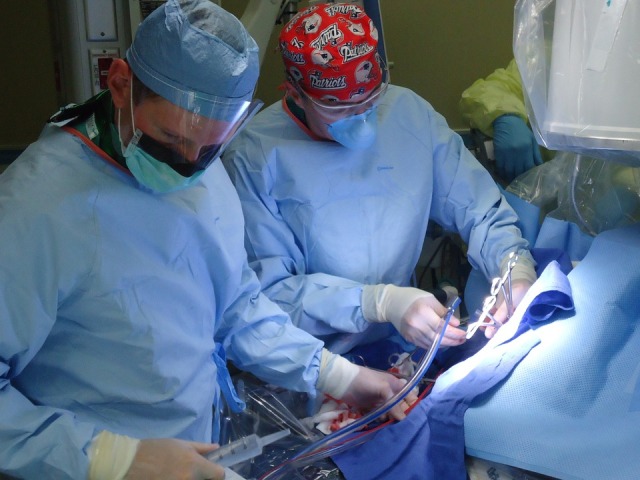
When Surgery May Be the Best Option
Most patients who experience the symptoms of diverticulitis (a condition that can cause anything from painful infections and stomach pain to stomach cramps, constipation and diarrhea) can be successfully treated with fiber, probiotics and antibiotics—though surgery is often recommended in such circumstances as:
- A ruptured colon, which can cause abdominal leakage and lead to serious inflammation.
- An undrainable infected abscess.
- When symptoms become severe, and other treatments are not working.
- A weakened immune system, possibly the result of a recent organ transplant or chemotherapy.
- More complicated forms of diverticulitis, such as those that create bleeding in the abdomen.
A laparoscopic surgery specialist, Dr. Michael Latzko works with patients to determine the treatment options that are best for their unique condition, health and situation.

